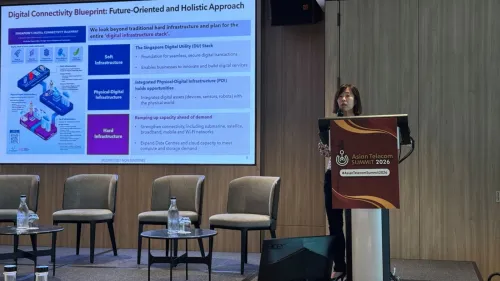Gender-blind policies fail to address women’s climate needs
Governments are urged to adopt inclusive, gender-responsive climate policies.
Gender-neutral environmental policies often fail to meet the needs of women, according to the International Union for Conservation of Nature (IUCN). She explains that these policies, by being gender-blind, overlook the distinct roles and impacts women face in relation to climate change.
"Very simply, gender neutral environmental policies are gender blind policies," Jamie Wen-Besson, IUCN’s Senior Gender Programme Manager stated. "All people have gender-differentiated roles, rights, and responsibilities when it comes to their engagement with nature, and as such, they will also be deeply impacted by environmental considerations in different ways."
Wen-Besson stressed the importance of an inclusive approach to policymaking, highlighting that a failure to incorporate women’s perspectives into environmental initiatives can lead to detrimental outcomes. "We've seen many cases where environmental initiatives can fail when women are not included," she noted.
Research indicates that when women are actively involved in climate action and water governance, environmental outcomes improve.
To ensure gender equity in climate policies, Wen-Besson recommends that governments adopt a "whole of society" approach, which integrates gender equity into all aspects of climate action, particularly in areas like women's unpaid care work, economic empowerment, and health.
"Currently, many climate policies only address women as vulnerable to climate change or as agents of change, and this is only if and when they mention them at all," Wen-Besson observed.
She emphasised that gender-responsive climate policies should benefit everyone, not just women, and that the focus on women's rights should not overshadow the need for inclusive policies that engage all stakeholders.










